Terricciola

Terriciola is a characteristic Tuscan brick-built town of about 4,500 inhabitants. It rests on a hill between the Era, Cascina and Sterza Rivers, among a varied landscape of rolling terrain, sculpted canyon-like formations, cultivated fields and woods. Terricciola is one of those places where time seems to stand still; one of the remaining rustic Tuscan towns that hasn't been jammed with tourists. It is in the unspoiled hills near Lajatico (best known as Andrea Bocelli's hometown!) and Volterra. The views take in the patchwork of cultivated fields, vineyards, olive groves and woods. It is a place that makes you slow down, breathe deeply and relax. It may be small, but there are shops for all the services you need - grocer, baker, butcher, bank, pharmacy and more. Some coffee bars and restaurants in town and in the surrounding villages keep you fed and there are plenty of wineries about. This is Tuscany! And Terricciola is called "citta del vino" (city of wine). They mean it, too: they host several wine-related events throughout the year.
You can try Chianti Riserva DOCG, or a simple (but excellent!) Rosso Toscano. The primary varietals are Sangiovese, Canaiolo, and Ciliegiolo for the reds, and Trebbiano and Malvasia for the whites. There is a big Festa dell'uva e vino (festival of the grape and wine) every July, but other events held in spring and fall, as well. If wine isn't your thing, then the strawberry festival in May will be more tasty for you!
Located between Pisa and Volterra, the town is in reach of Florence, too. And it is in the so-called "valle del silenzio" -the silent valley, of tranquility and traditions, which Andrea Bocelli calls his special place. The famous tenor was born in nearby Lajatico and his own natural outdoor amphitheater, the Teatro del Silenzio, is located there, along with the family's vineyard, and the museum and art gallery of the maestro, the Officine Bocelli.
The town's origins go back to the Etruscans; in fact, it is a fascinating place of underground passages. The so-called Ipogei del Belvedere were created by the Etruscans in the 4th century BCD though its not clear if they were as catacombs or as storage for grains and supplies, and used as refuge in times of strife. You can visit them; they're under the panoramic overlook (the "belvedere"). It was the Middle Ages that made it the town it is, though; the narrow lanes and archways with streets ducking under them and sinewy plan is the medieval footprint. The name means land - terriccio in Italian means topsoil or agricultural land. It has been tied to rural and agricultural activity since its conception.
Terriciola is a charming town, with cobbled streets, several churches, stately villas, and vine-draped countryside. It has several lovely churches, including the Sanctuary of the Madonna di Monterosso, and the Church of San Donato. The entire area belonged to the ancient Etruscans, as evidenced by the excavations and remains of necropoli nearby. Don't miss the Badia Camaldolese di Morrona, an antique abbey from the 11th century. It's now a restaurant and winery where you can enjoy a tasting and a meal. The Villa Gherardi del Testa was built in 1660 by a noble Pisa family, the Gherardi; it is still in the family and you can visit to see a stately residence and learn about some of its secrets.
Terriciola is in the Pisa province, in an area that is a "less known" part of Tuscany.
Don't miss the Badia Camaldolese di Morrona, an antique abbey from the 11th century. It's now a restaurant and winery where you can enjoy a tasting and a meal. The Villa Gherardi del Testa was built in 1660 by a noble Pisa family, the Gherardi; it is still in the family and you can visit to see a stately residence and learn about some of its secrets.
Obviously, while you're here you need to taste the wine! :) Terricciola is near Pontedera, Lucca, the Livorno Coast, along with Volterra and lovely Lajatico. The outlying villages are fun to explore, and there are plenty of country lanes to walk and enjoy those Tuscan hills.
Browse carefully selected home rentals in Tuscany.
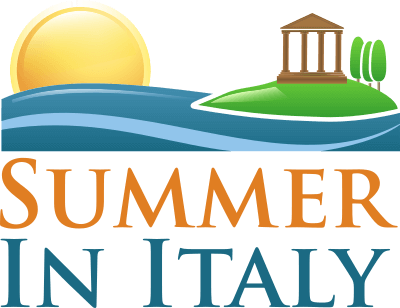
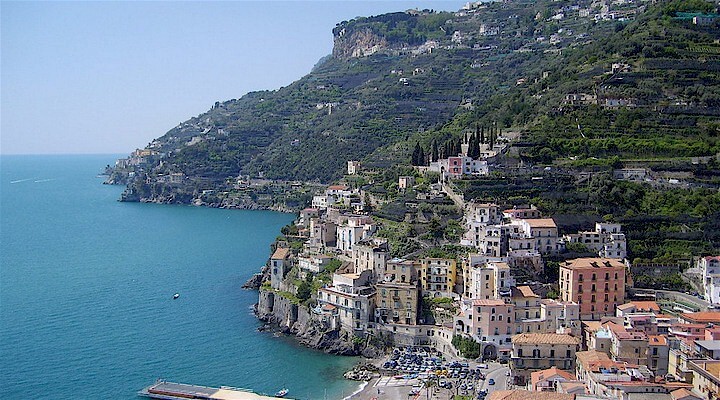 Amalfi Coast
Amalfi Coast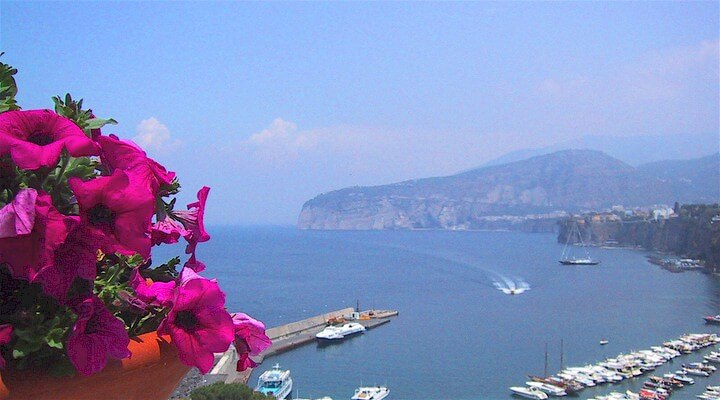 Sorrento Coast
Sorrento Coast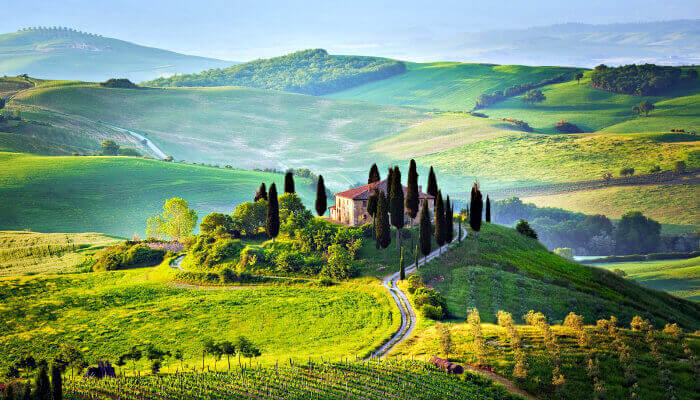 Tuscany
Tuscany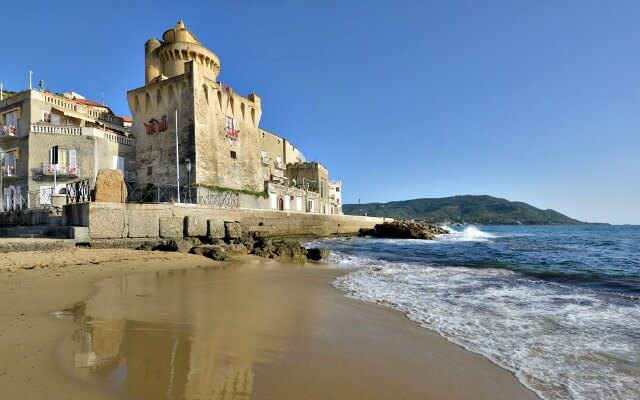 Cilento National Park
Cilento National Park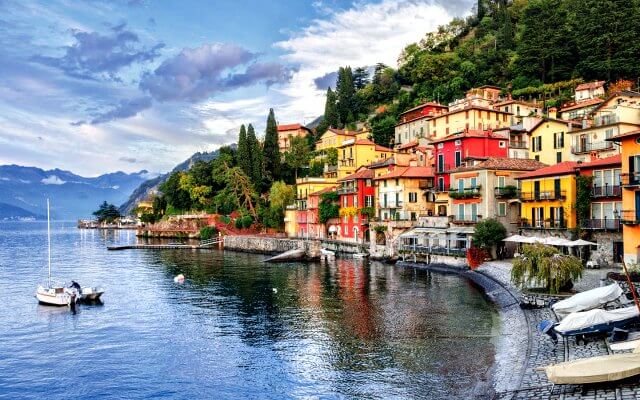 Lake Como
Lake Como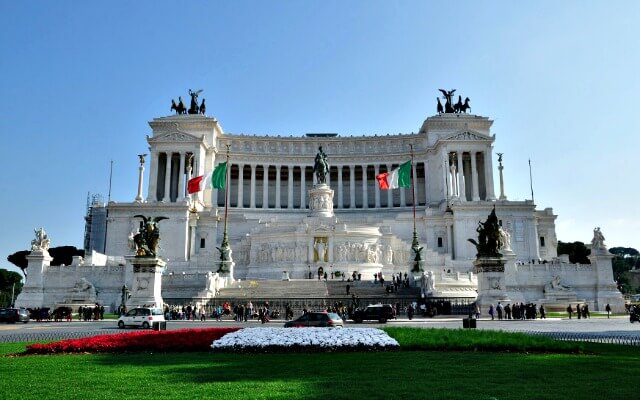 Rome and Latium
Rome and Latium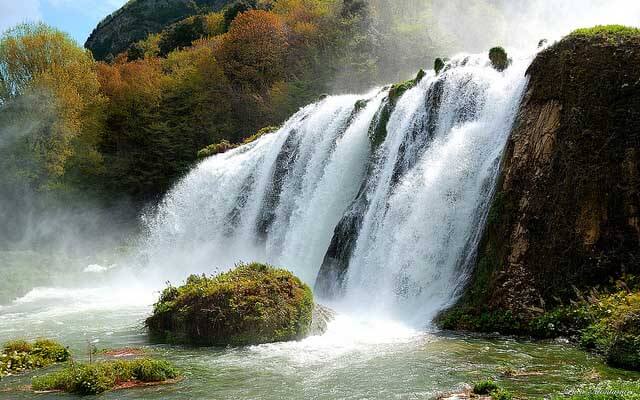 Umbria
Umbria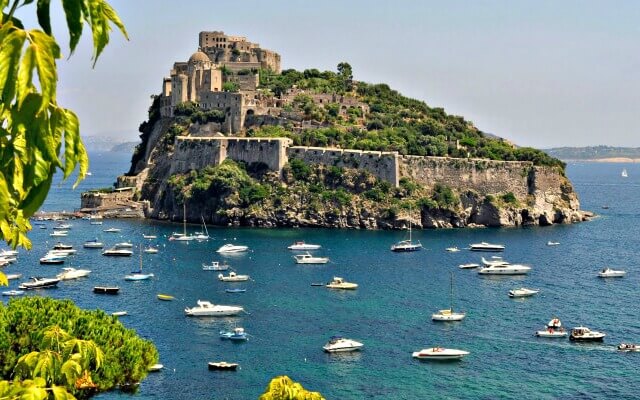 Capri and Ischia
Capri and Ischia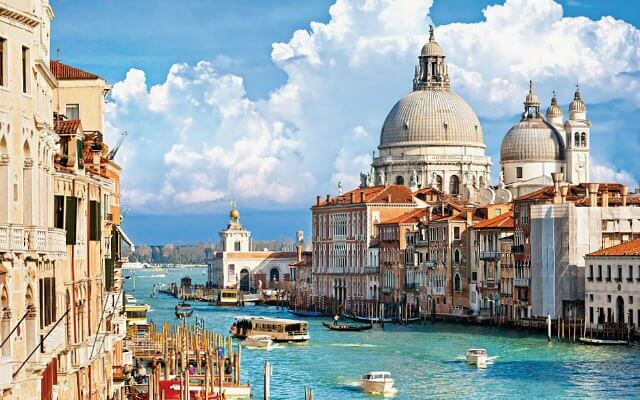 Venice
Venice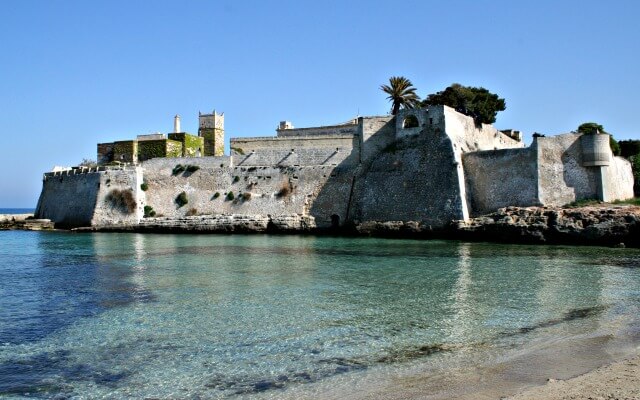 Puglia (Apulia)
Puglia (Apulia)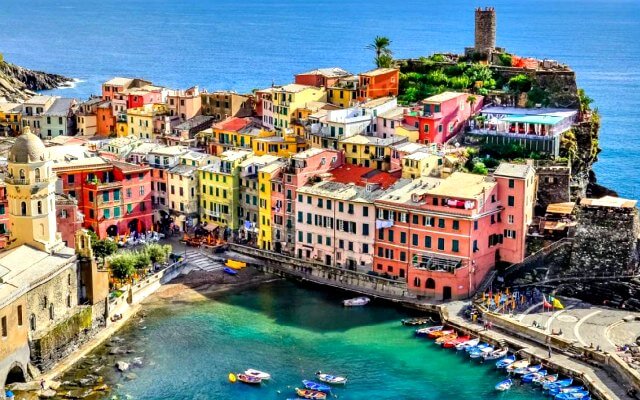 Liguria
Liguria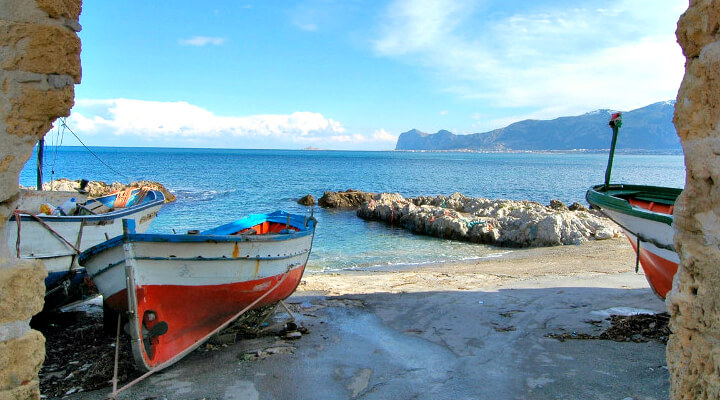 Sicily
Sicily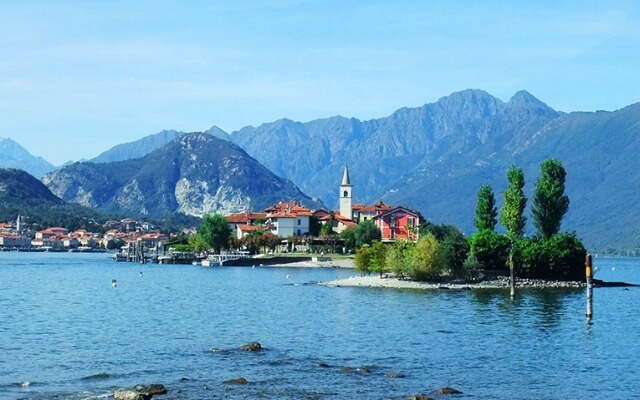 Lake Maggiore
Lake Maggiore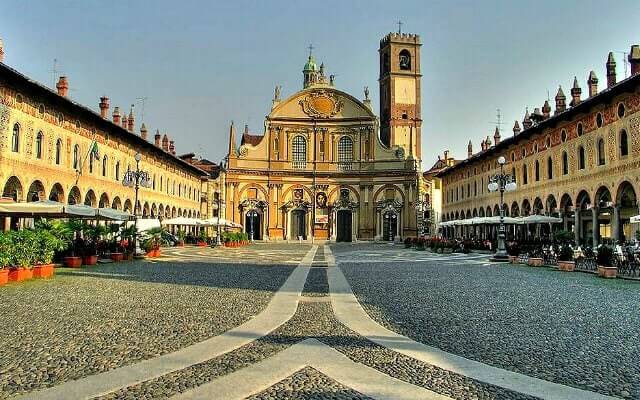 Lombardy
Lombardy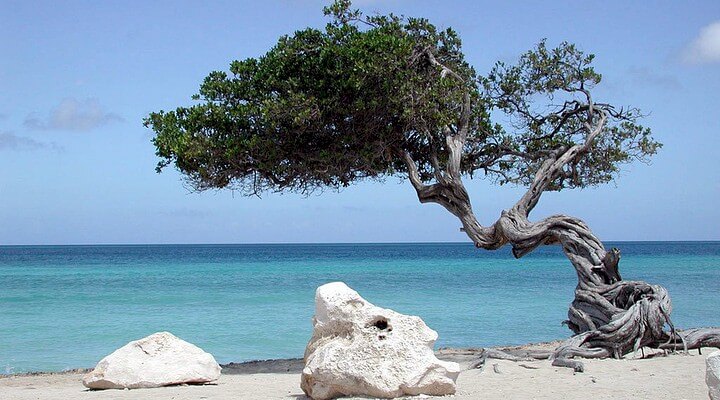 Sardinia
Sardinia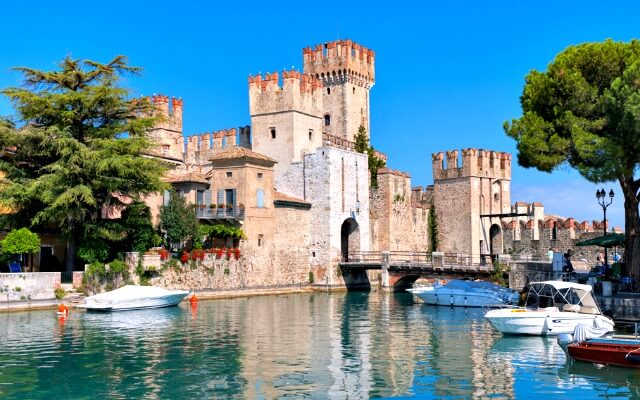 Lake Garda
Lake Garda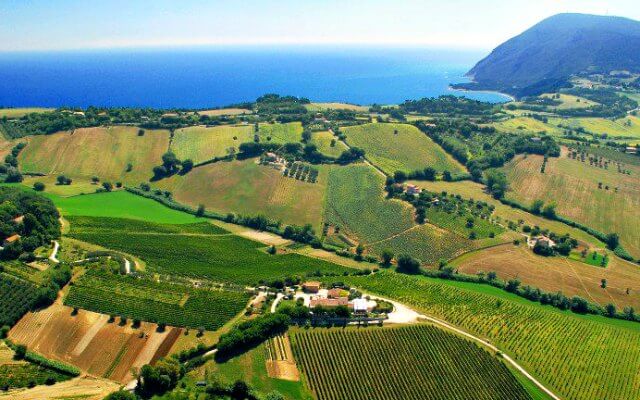 Abruzzo and Marche
Abruzzo and Marche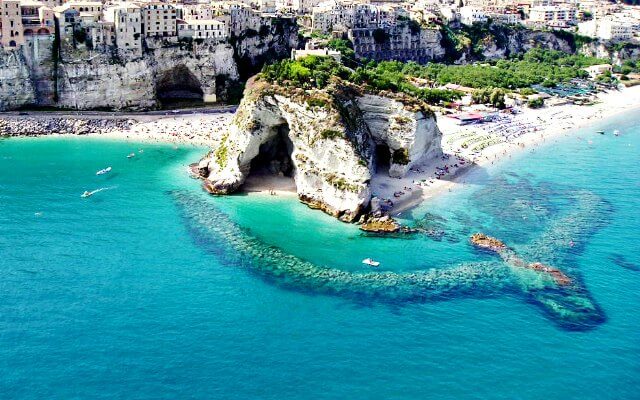 Calabria
Calabria